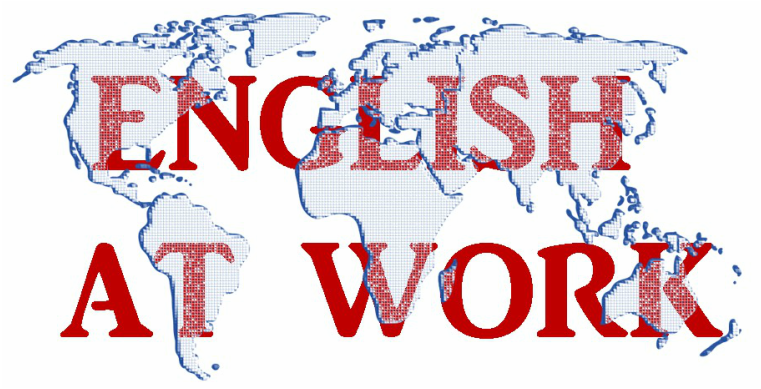|
The CEO’s office called just hours after I had emailed my profile. And I was sitting in his office in another city just a couple of days later.
I had seen several inspirational posters on the wall while I waited for him in the reception. There were more posters along the long corridor to the corner office. That gave me a nice opening. “Interesting collection of posters, Mr T N. Each an inspiring piece of communication.” “Yes!” he was beaming. “Call me T,” he said dismissively. “I believe as a leader you cannot possibly over-communicate. Good communications make the organization.” The writer and the businessman in me smiled in unison. What luck to land such a client, a fellow lover of good communications! There was this minor issue that every quote was a slight rearrangement of some common maxim. And that no poster carried the author’s name, not even “Anonymous”. Of course, that was hardly the time to bring it up. “All my work, you see!” “Excellent, T!” “Come, let me show you more.” We walked through all three floors of his office. He paused to read some of his favourite lines. All along, the members of his team got up to greet him and to smile at me. When we returned to his office, he took me to an adjoining conference room. I had barely taken a seat when one of the guys I had seen during our walk-through rushed in. He looked rather agitated and clearly didn’t expect to find me there. “Yes, tell me. Don’t worry, he is a communications expert and he is going to help us. You can talk.” While I busied myself with my notebook, the tea and some biscuits, I could not help overhearing their conversation that was fast worsening into an argument. The visitor appeared to have some valid points to back the course of action he was recommending. T did not agree and was beginning to lose the argument and his patience. Suddenly, T stopped talking and pointed at me. A moment later I realized he was pointing at something behind me. It was another poster. “Happiness is a matter of choice. Choose to be happy here, or choose to be elsewhere.” Suddenly, the tea turned bitter in mouth. When I turned back from the poster, the visitor was leaving and T was trying to compose himself. “He is my chief lieutenant. These are people I have trained. Very good people. But you know how it is, training is also like communications. You can never afford to stop.” Both of us smiled. Neither of us could hide the strain. I worked closely with all his lieutenants for four years. All of them were wonderful people. They were in awe of T and told me several stories of his remarkable achievements. Two years after my association with that client had ended, I got a call in the evening. It was that chief lieutenant. He was in my town and could we meet for dinner? He had parted company with T N and was now heading his own enterprise. As the dinner progressed, I learnt that he was the last of T’s lieutenants to leave. Every departure was bitter and acrimonious. “But, why?” I asked. “All of you admired him so much.” “The posters,” he said. T was apparently using the posters to push through his own point of view. “His favourite was the big one in the conference room. You remember that?” I did. “The writing on the wall was clear. But we all loved him so much that we pulled on. Finally, we had to accept that every favourite writing of his was virtually a wall and if we wanted to grow, we had to get out.” “Wow! You put it so well. Maybe we can make a poster—" “Stop!” He grabbed my hand. “I like your work and I want you to work with me, but if you have any poster ideas, forget about it!” We laughed and moved on to dessert.
0 Comments
In a recent survey of the English proficiency of countries and industries around the world reported by Harvard Business Review, India has scored 58.9 on the Common European Framework of Reference for Languages (CEFR) scale. Netherlands tops the list at 73.8, with Iraq at 33.6. The survey covered 510,000 professionals across 16 major industries in 40 countries. The respondents worked in 2,000 different companies, with sales ranging from less than $1 billion to more than $60 billion. The results are published in the EF English Proficiency Index for Companies, the “the world’s largest ranking of countries by English skills”. Highlights
The report laments that not a single country could score an “advanced” C1 or C2 CEFR level. And that “despite a near universal recognition of English as the international language of business, wide gaps in workforce English proficiency persist between countries.” Recommendations
The lack of strong English skills presents an opportunity for forward-thinking business leaders, and yet, as our data shows, many companies are not taking advantage of that competitive edge. Their hesitation to embrace English seems to be reflected even at the very top of the company." |
AuthorVijayakumar Kotteri Categories
All
Archives
July 2024
|



 RSS Feed
RSS Feed

